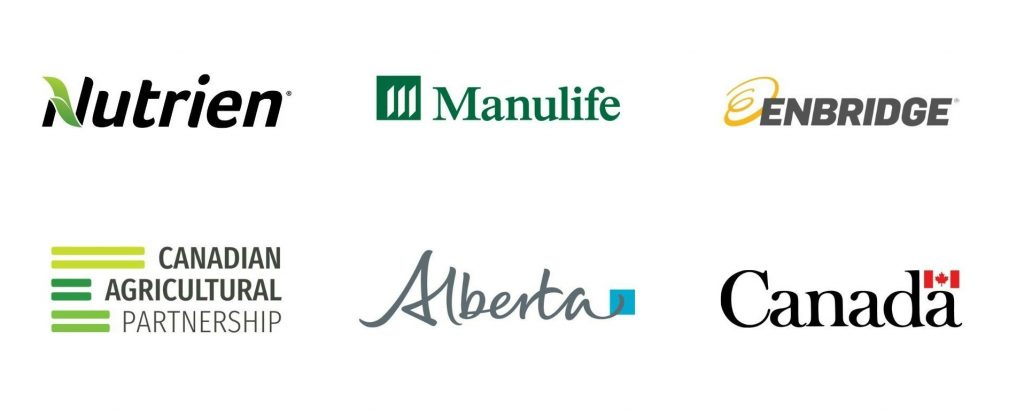Emerging Issues: Climate Change
Background
A key issue facing agriculture is the climate change crisis, which has resulted in weather extremes like drought (e.g., BC wildfires) and flooding (e.g., 2013 Calgary flood). These weather extremes have a significant effect on the agricultural industry by altering planting schedules, crop yields, and water demands. They also alter the water cycle, which impacts the water available for irrigation, livestock, and more. Changing climate is connected directly to the water available for agriculture around the world. With drought or flood (too little or too much water) agriculture may struggle to keep up with the needs for food and goods from communities.
Main Causes
Climate change is primarily caused by the release of greenhouse gases like carbon dioxide. When fossil fuels like gasoline and coal are burned, the product of the chemical reaction is carbon dioxide. Carbon dioxide in the atmosphere acts as a greenhouse gas, which prevents infrared radiation (heat) from the sun from escaping Earth’s surface. As a result, heat from the infrared radiation stays on the Earth’s surface and warms it up.
Potential Solutions
Economies around the world are now targeting net-zero emissions by 2050. Net-zero can be achieved in two methods. The most direct way to achieve net-zero is to emit no greenhouse gases. Common processes like electricity generation, heating, and engines will need to find carbon-free fuels. Renewable energy sources like wind, solar, or hydrogen are some emission-free solutions. Or greenhouse gas emissions can be offset. For a quantity of emissions, a tree (or another carbon sink) can be introduced nearby [1]. Carbon capture, utilization, and storage (CCUS) is also effective. CCUS captures atmospheric carbon and traps it in the ground. Farmers can directly fight climate change by using sustainable farming practices. An example is a form of regenerative agriculture which helps keep carbon dioxide in the ground. Farmers can also produce higher quality feed for their livestock. This reduces the greenhouse gases generated by digestion and manure. Manure management and rotational grazing can also be used to manage livestock.
Related Organizations and Resources
The Intergovernmental Panel on Climate Change (IPCC) is a group within the United Nations dedicated to assessing the principles of climate change [2]. They produce reports related to the scientific and socio-economic impacts of climate change, and host outreach meetings and workshops to distribute new knowledge and findings amongst top researchers and encourage discussions. The Government of Canada’s Department of Agriculture and Agri-Food supports agricultural activities and provides resources for farmers across Canada. They also publish news and articles containing helpful information for farmers, such as this news release on reducing GHGs [3].
In Canada, the department of the federal government responsible for addressing climate change is Environment and Climate Change Canada (ECCC). Their website provides information and services for mitigating climate change [3].
References
[1] (2022). Net-Zero Emissions by 2050. Government of Canada. https://www.canada.ca/en/services/environment/weather/climatechange/climate-plan/net-zero-emissions-2050.html
[2] (2022). The Intergovernmental Panel on Climate Change. The Intergovernmental Panel on Climate Change. https://www.ipcc.ch/
[3] (2022). Search Environment and Climate Change Canada: Agriculture. Government of Canada. https://www.canada.ca/en/environment-climate-change/search.html?q=agriculture&wb-srch-sub=
Thank you to our generous sponsors for the Water Connections Project
This phase of the project has been made possible by Nutrien, Enbridge, and Manulife Financial, along with the Government of Canada and the Government of Alberta through the Canadian Agricultural Partnership.

